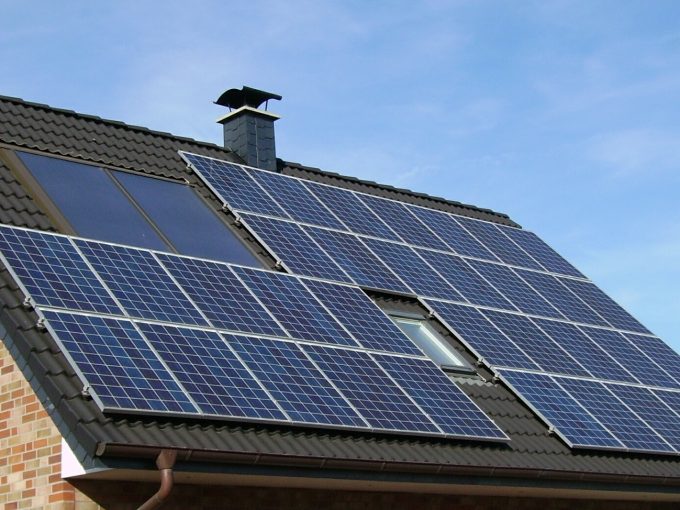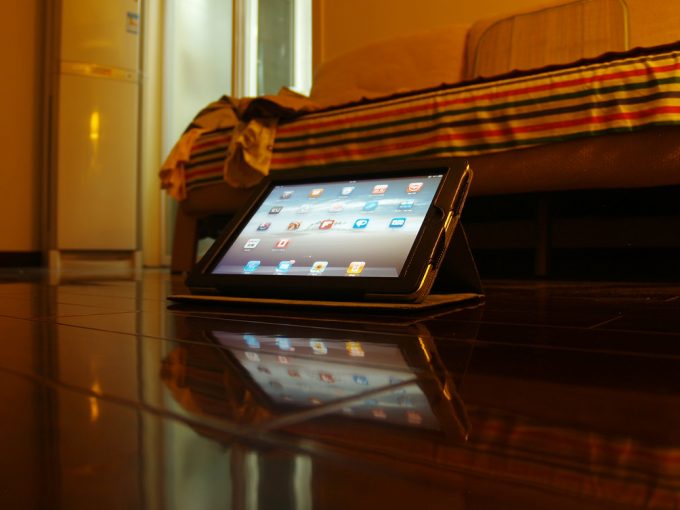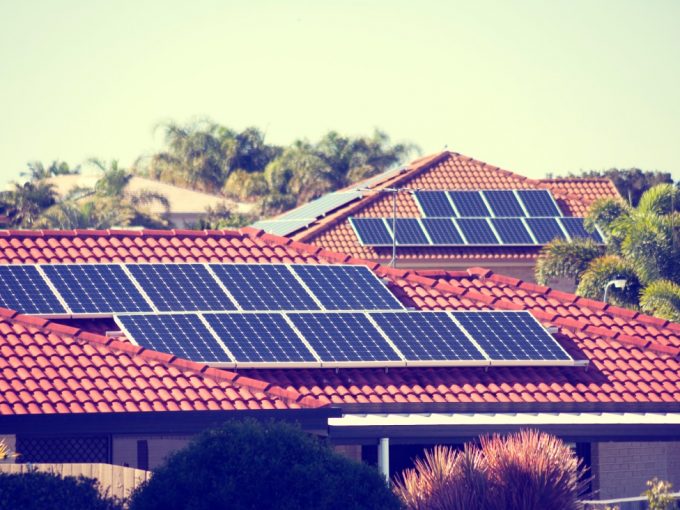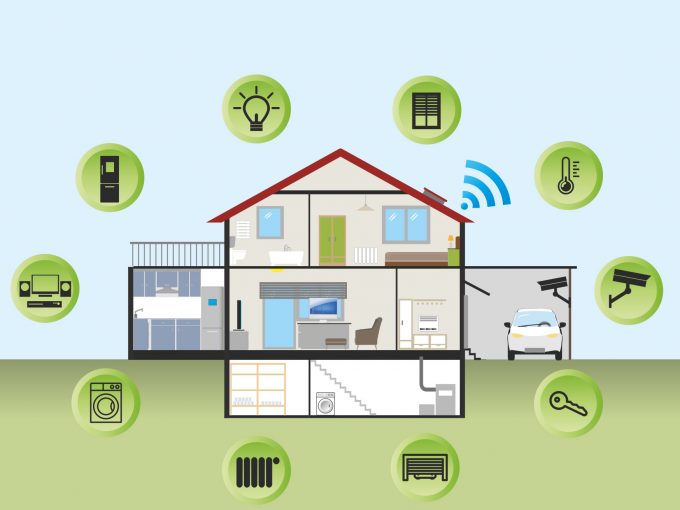With rising energy bills the new normal, we need to focus on improving Victoria’s housing stock to help householders adapt. New research in Moreland is exploring the barriers and opportunities householders face in improving their homes.
When does a house become a home? For some, home is about homeownership, others are just grateful for the roof over their head.
For many Victorians, however, that roof may not be helping them to live well – to afford basic necessities such as keeping warm in winter, keeping cool in summer, eating nutritious food and maintaining ties with friends, family and local communities.
Housing affordability discussions often focus on the upfront costs of purchasing a home and the high costs of running them because of high electricity and gas bills.
There is also much (and much needed) discussion about the need to increase the supply of social housing for those most in need of a roof over their head.
Less discussed is the poor quality of Victoria’s existing housing stock to help Victorians live well and ensure their basic needs to eat, stay warm and pay their bills are met.
Research shows that improving the performance of Victorian homes is a crucial way to help householders meet these needs. And there is much housing that needs improving.
In 2012/13, 92 per cent of Victorian households were rated under two stars in terms of the home’s thermal performance.
To put this into perspective, minimum requirements now require new builds reach minimum ratings of six stars, and there are calls by experts and advocacy groups to increase this further.
There is ample evidence to show the multiple benefits of improving the quality of houses for improved human comfort and health and for positive environmental outcomes.
For those experiencing energy poverty or energy stress, the benefits of improving their home are more pronounced.
However, the task of making improvements to homes can be difficult and overwhelming, if not out of reach, for those renting or with minimal disposable income.
RMIT University’s Home Improvements and Upgrades project (HEET) is seeking to document a range of resident voices to inform our understanding of home retrofits in Victoria.
The reasons driving home improvements are diverse, just as are the abilities of the plethora of professionals offering home improvement and retrofit services.
Knowing more about these experiences can help us to inform debate and policy responses, and perhaps bring householders more firmly into the picture when we discuss the new normal.
If you are a renter, owner-occupier or live in social housing in the city of Moreland, you can register your interest to participate in the Home Improvements and Upgrades Project here or call 03 9925 4891 or email project.heet@rmit.edu.au





